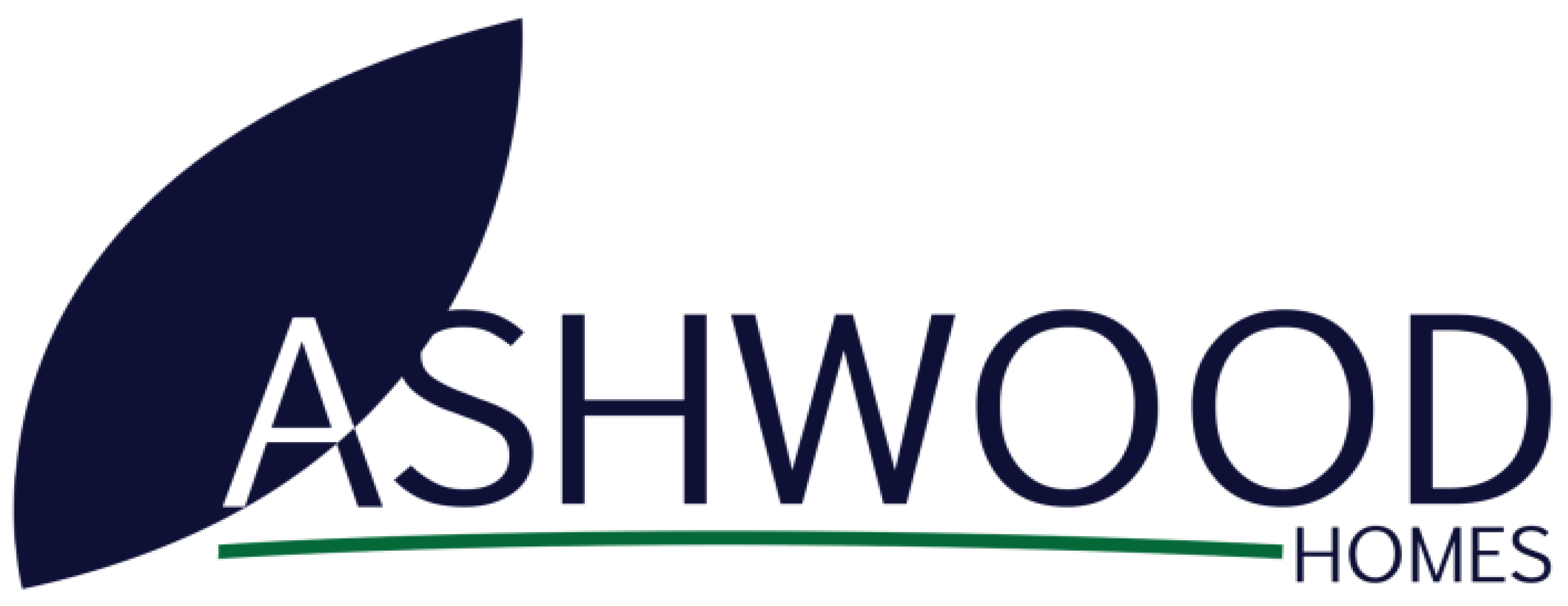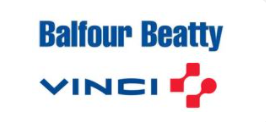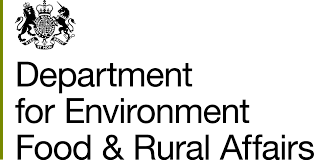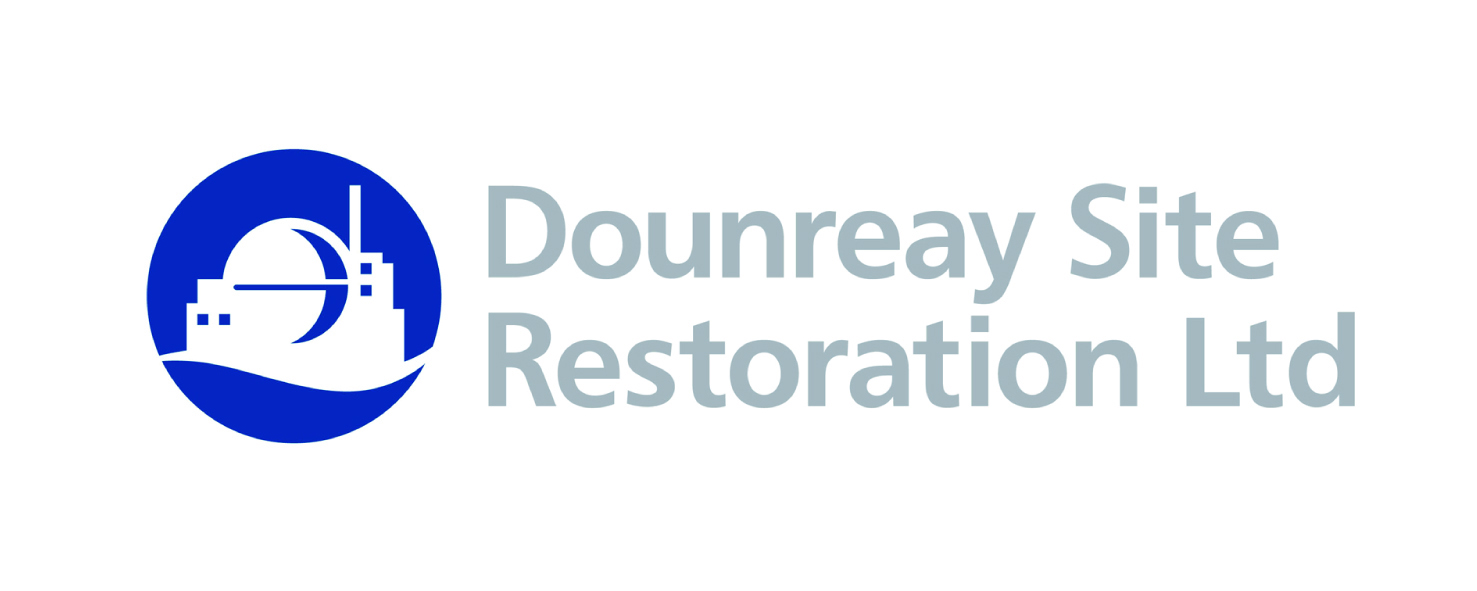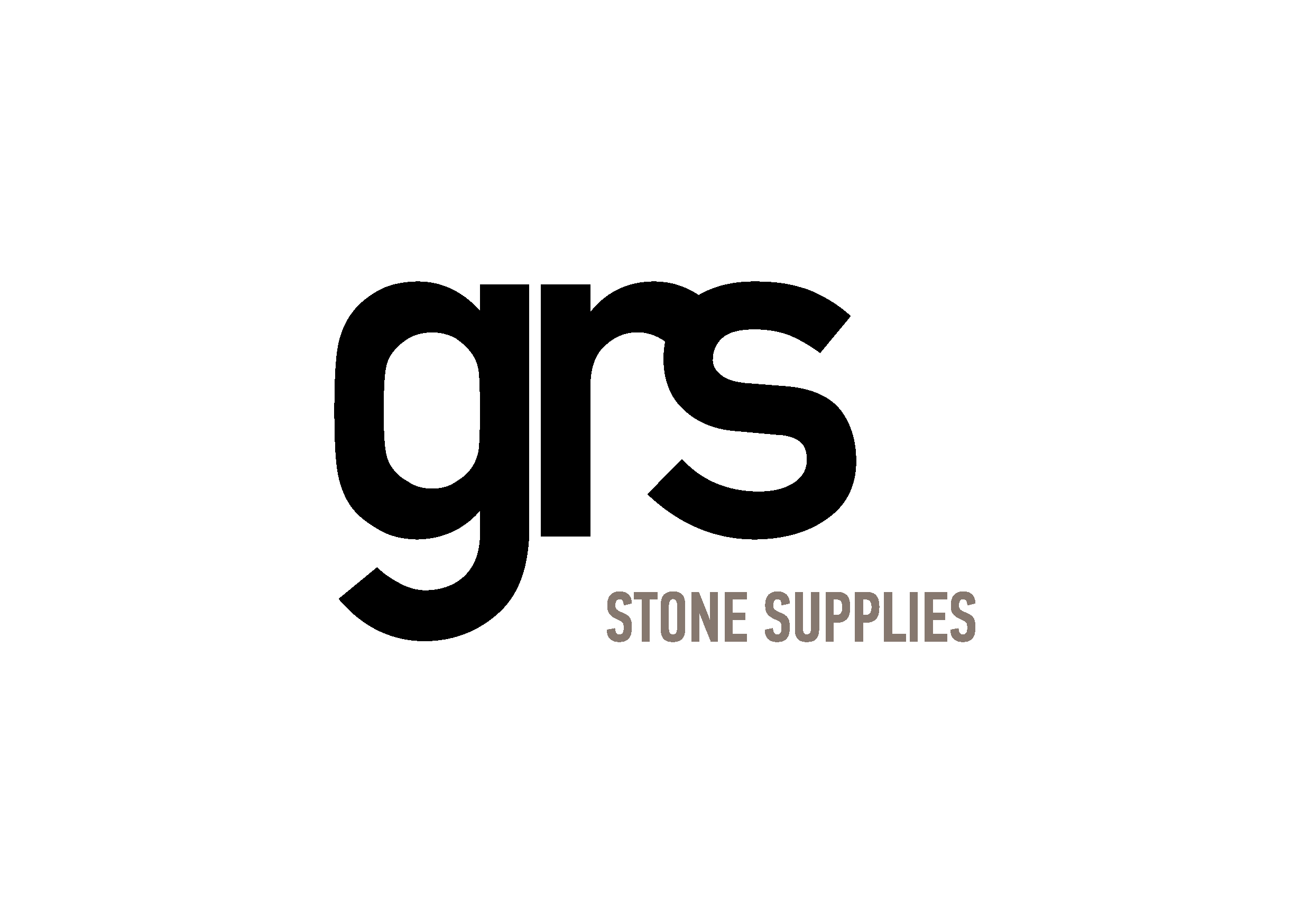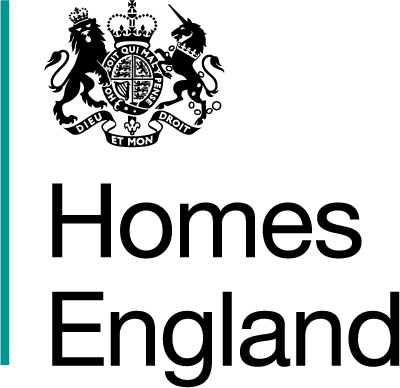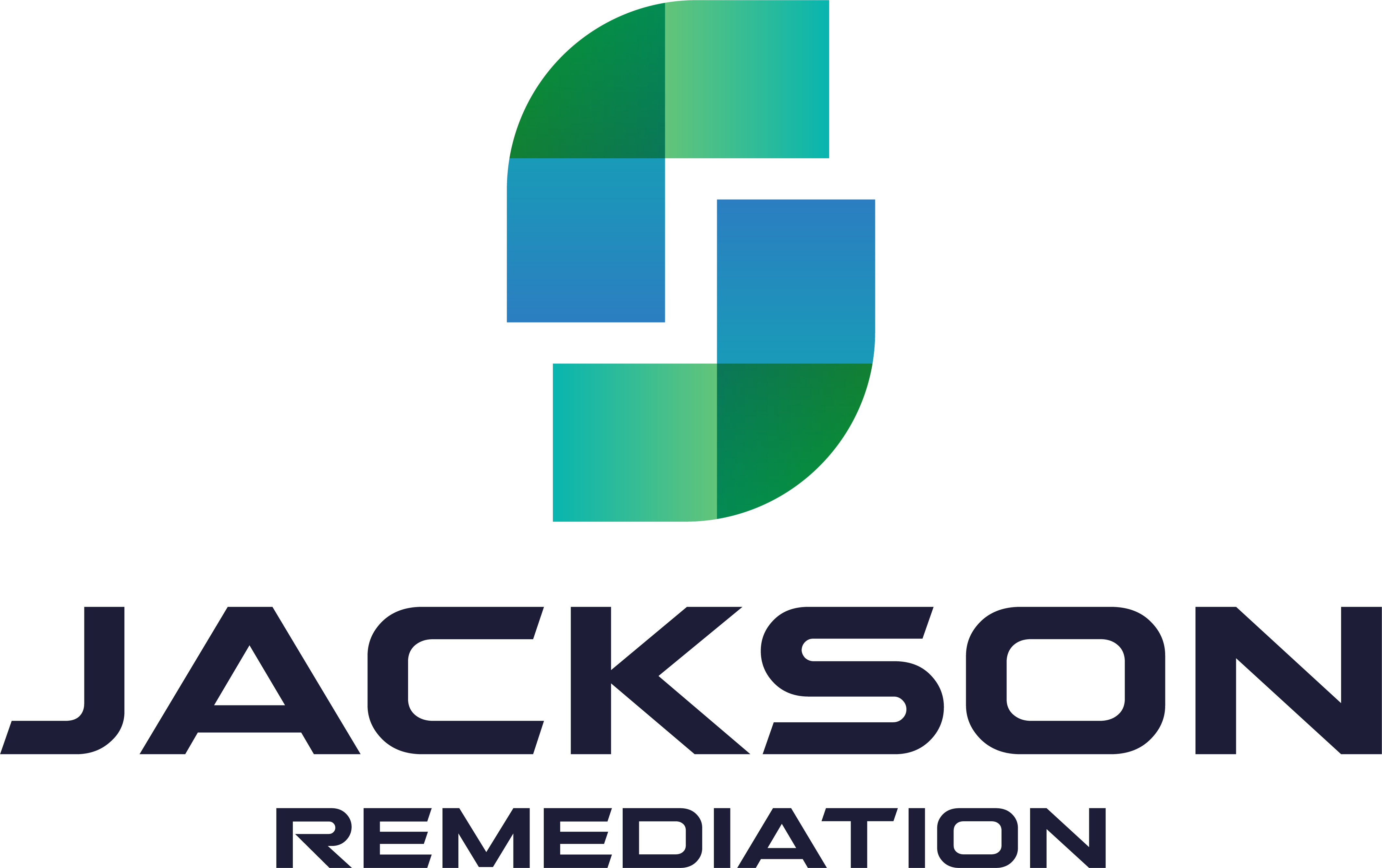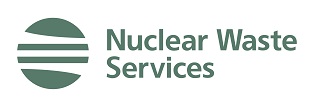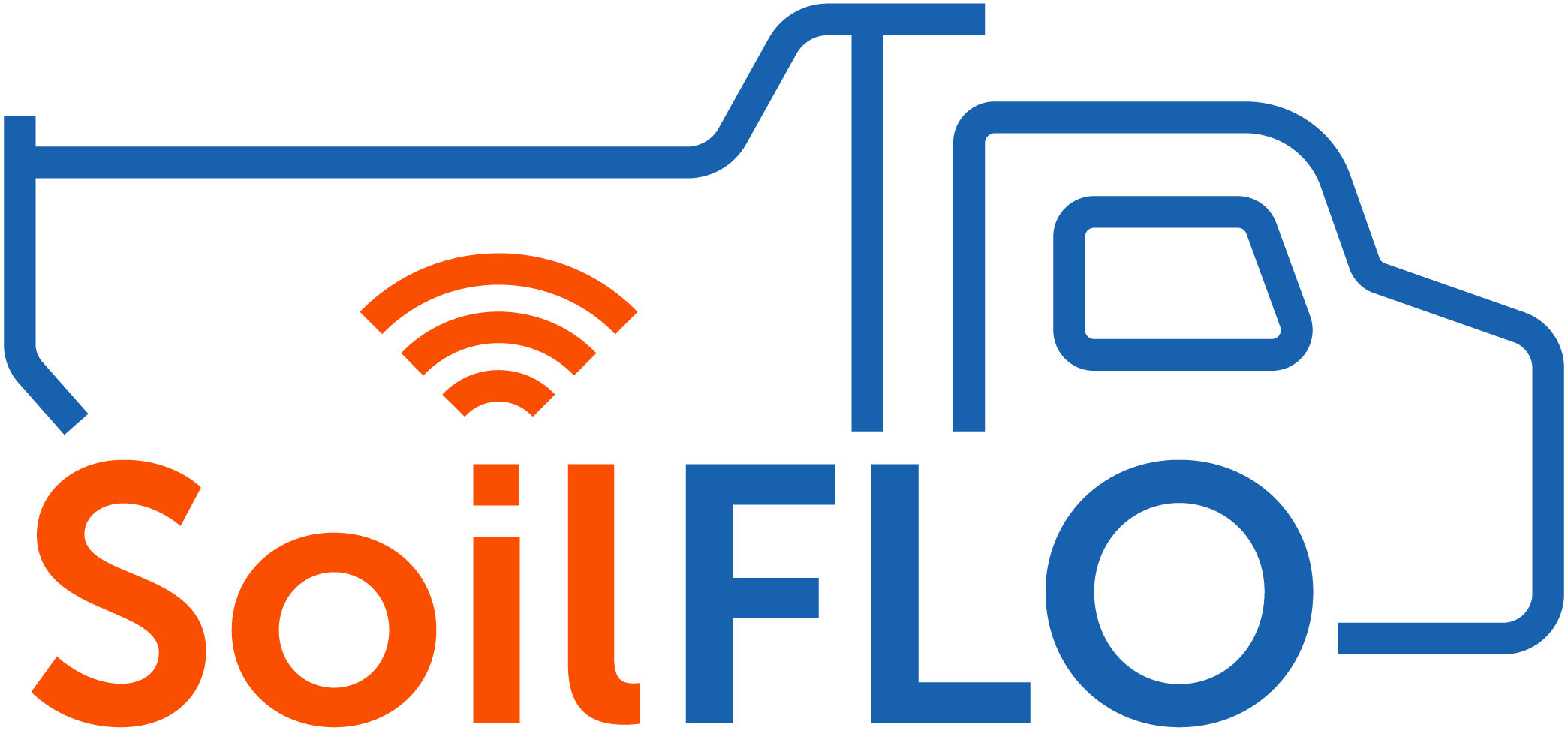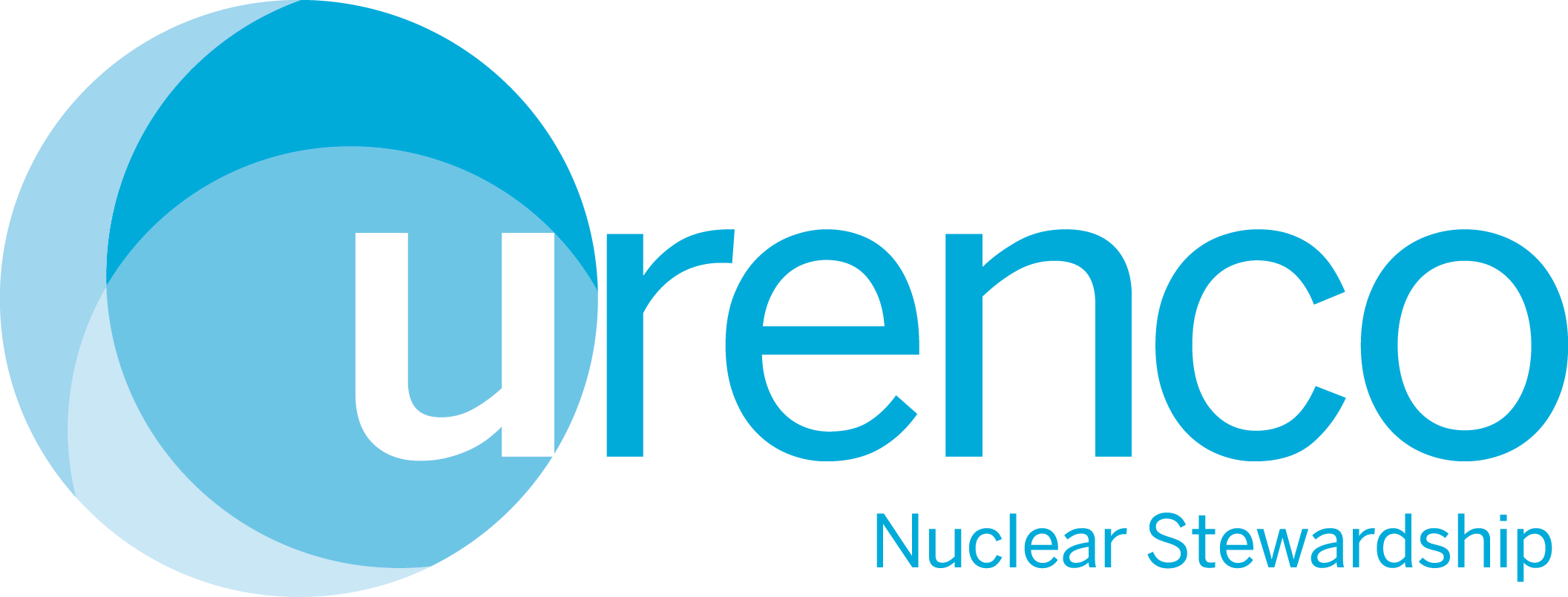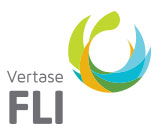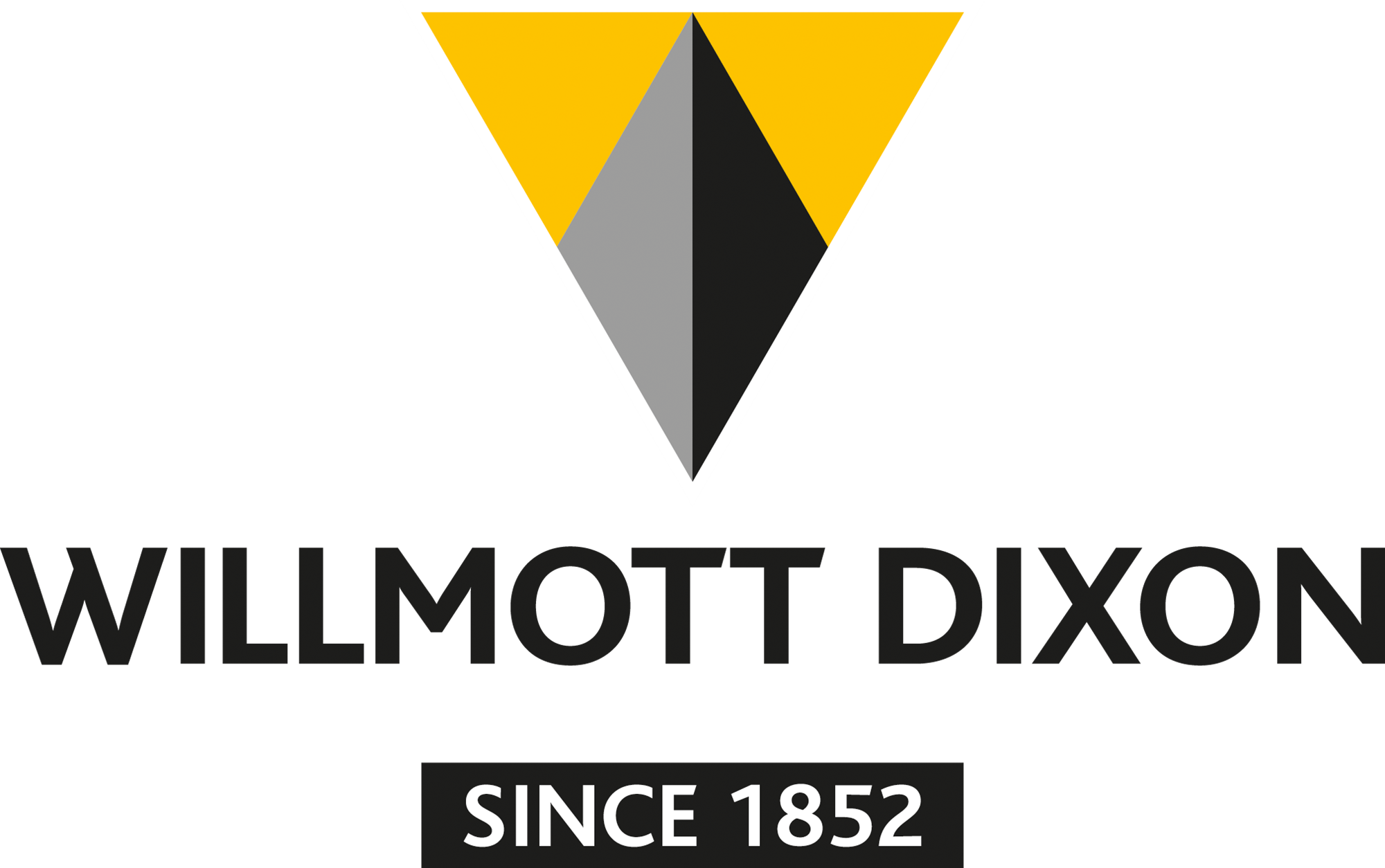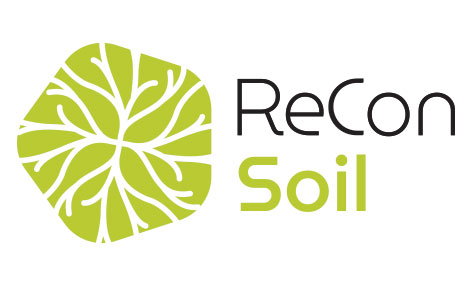Digital tracking systems will be a critical part of this process to ensure the accurate management and tracking of soil materials.
Appropriate digital materials tracking systems will:
- enable the efficient and accurate tracking of soil from construction sites to soil reuse depots and on to other construction sites,
- ensure that soil is responsibly managed and tracked throughout the entire process,
- create the confidence needed in the process to gain government and regulatory support, and
- ensure local neighbourhoods and the general public have confidence in the safety of such sites.
Tracking systems must also link to eventual long-term monitoring of reused soil.
This research will review the current soil / waste management industry and identify challenges and opportunities. There are several suitable tracking systems already on the market for these activities, both for transfers and for on-site materials tracking between stockpile and treatment activity. These tracking systems can be developed further specifically for application on materials passing through a facility / depot.
- Soil Declaration Passports
This initiative will develop the current DoW CoP Declaration system to ensure it performs the required dual purpose of
- creating an audit trail of projects using the scheme, and
- acting as an initial point of detail for the material, confirming key information such as its site of derivation.
The initiative will assess the best way of assigning a soil passport documentation system to soil batches being transferred.
The Earthbanks initiative will:
- analyse the skills required to operate and manage such a system,
- assess and create a necessary curriculum on soil science and soil health soil management and reuse,
- develop a training programme(s) and provisions,
- ensure all personnel involved in the operation of the soil reuse depots are trained and qualified to manage the process (including the materials tracking system).
This initiative will promote sustainable development in the construction industry and will create new employment opportunities and promote skills development in this field.
Investing in the skills and training required to operate and manage such depots / facilities, will increase the likelihood of the long-term success of the initiative and that it will make a meaningful contribution to the development of a sustainable and skilled workforce in England & Wales.
- Quality Assurance & Testing
High quality outputs from soil depots are essential. This is crucial to gaining regulator approval for the future, wider use of such depots and facilities. Therefore Quality Assurance systems must ensure this outcome.
At a soil reuse depot, several on-site soil testing methods would be employed to assess soil health, soil quality and to identify any emerging contaminants alongside those which are commonly found (in addition to use of MCERT accredited labs for common testing suites).
The most useful on-site soil testing methods will depend on the specific types of soil being received at the depot and the potential contamination related to the Donor site’s previous uses.
Alongside the common analysis already used in industry, this initiative will build on the outputs of the ReCon Soil project which focused on soil testing technologies.
Soil reuse depots / facilities will be useful locations for the assessment and remediation of emerging contaminants such as microplastics and PFAS. They will provide a location where soil can be brought for testing and management, using specialised techniques. This might include screening tests for the presence of microplastics and PFAS, for example.
Soil testing will especially extend to Receiver sites, at which soils will be reused. The long-term performance of these materials must be monitored and understood. This information can then be fed back to the facility for further improvements to the processes.
The goal of any storage depot should be to minimise the time in which soil is held. However, when it takes longer to find a reuse for material it is important to understand the impacts of this on the material and the depot site.
As such this initiative will also assess:
- the impact of stockpiling on soil health (building on the work of ReCon Soil),
- testing and monitoring of soil health whilst stockpiled,
- tracking of soil in a storage site,
- contractual issues,
- understanding reasonable time limits,
- the development of DoW CoP reuse values e.g. safe and appropriate values for storage / leachate / runoff / health of workers / potential end use,
- improving the market for finding soil reuse options e.g. tools such as the CL:AIRE Register of Materials.









